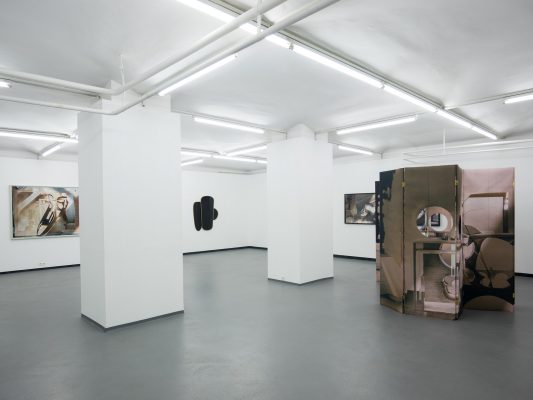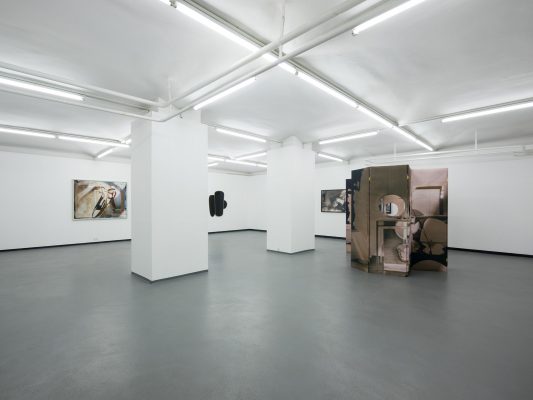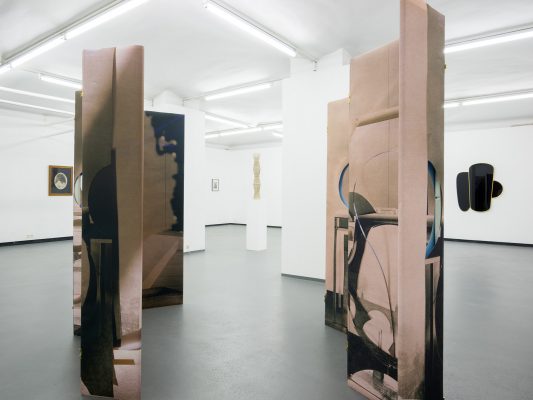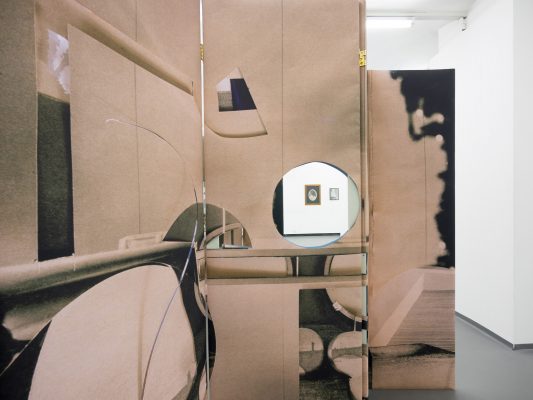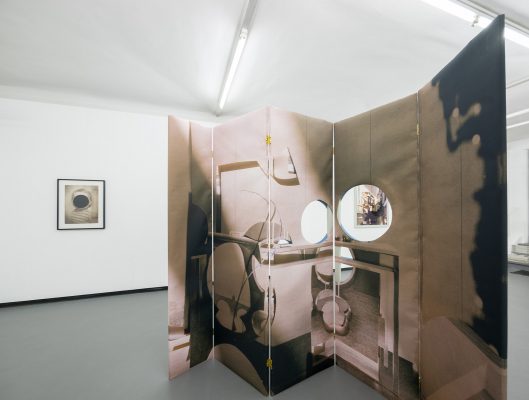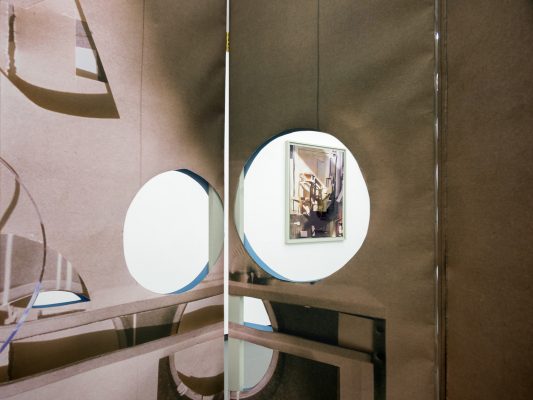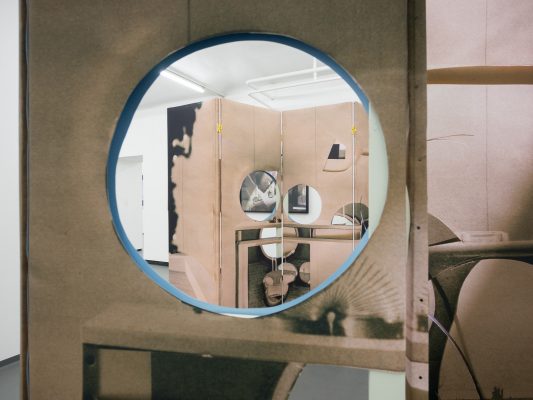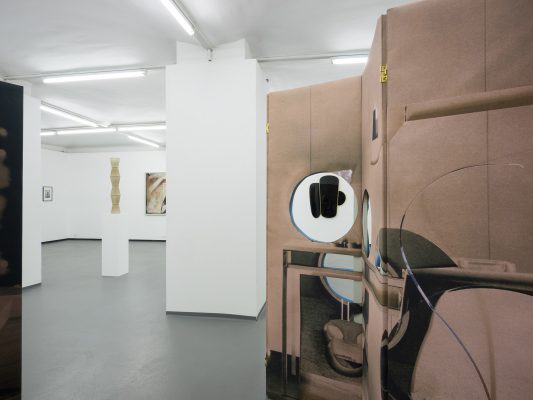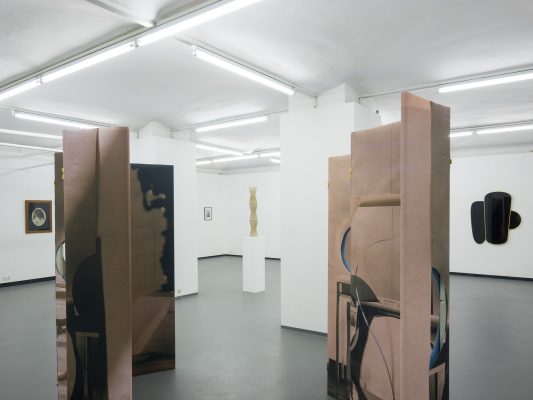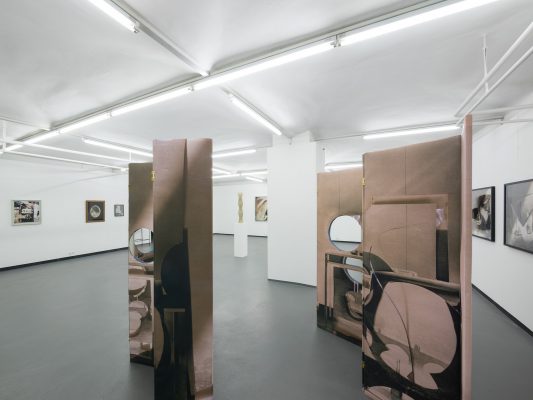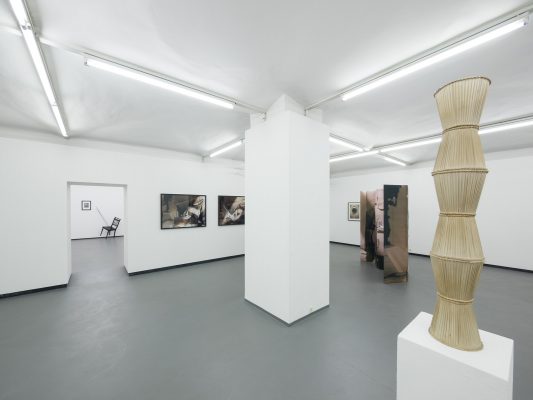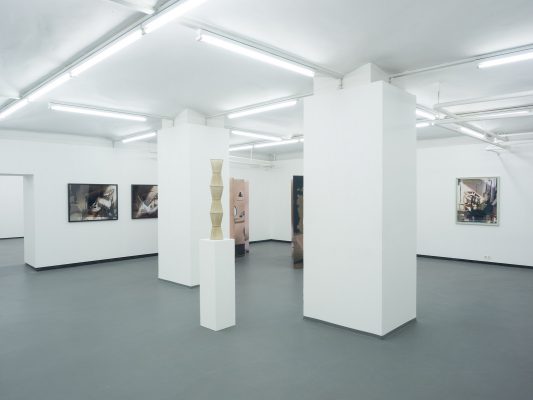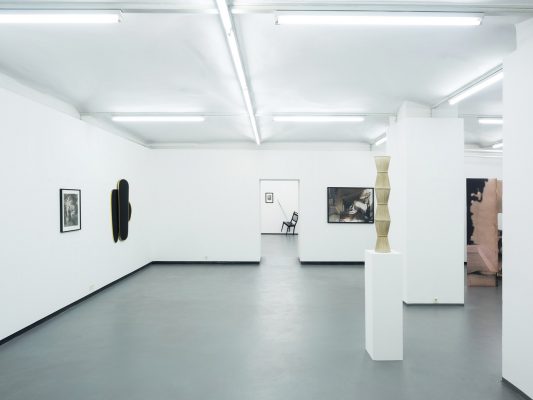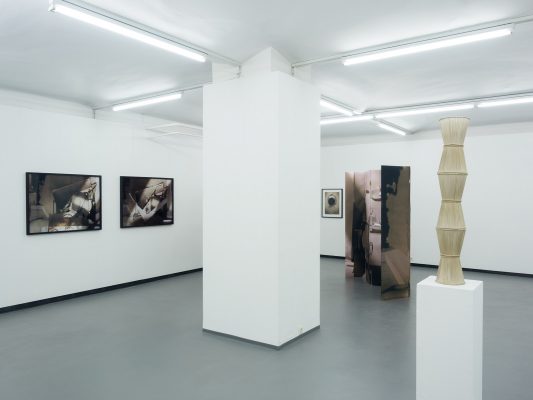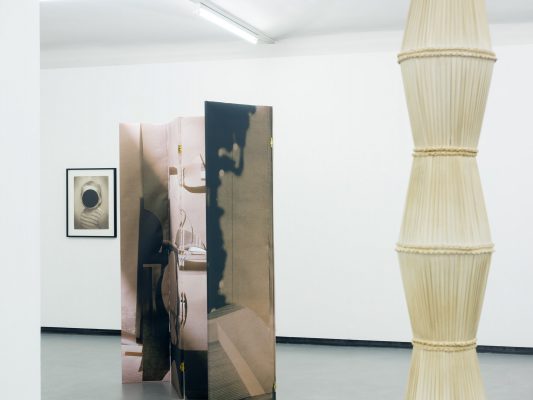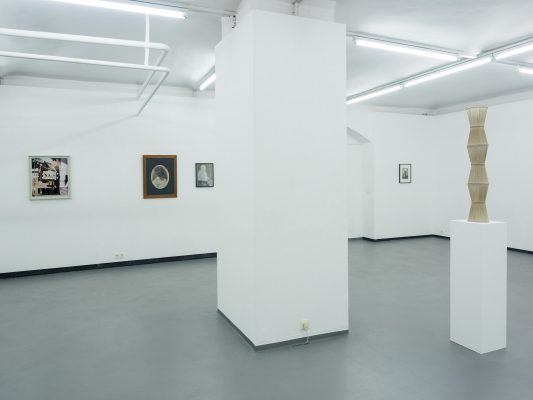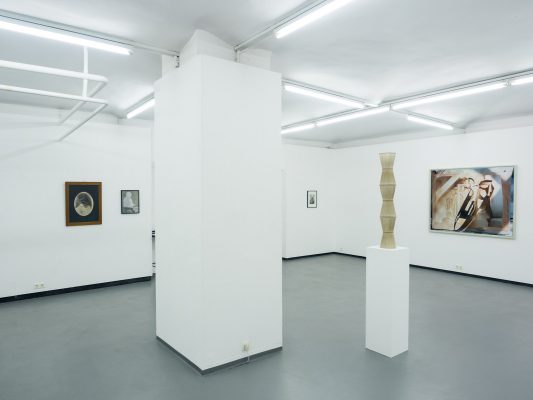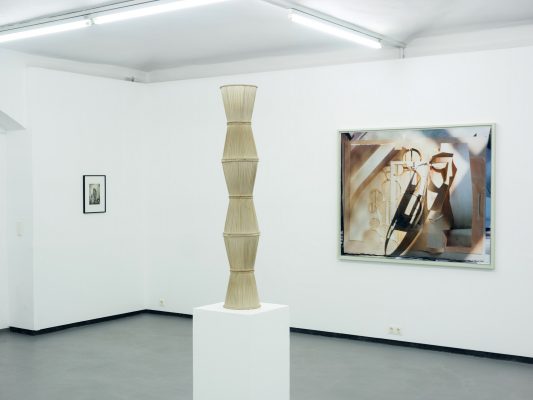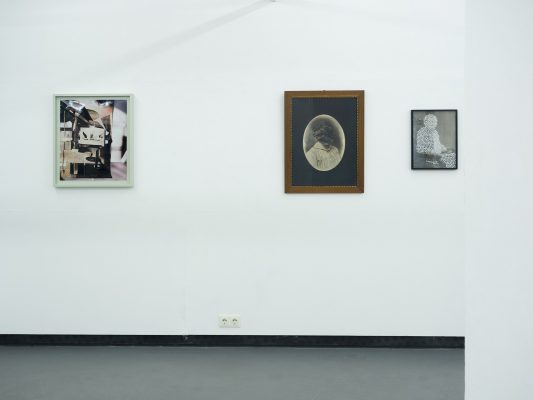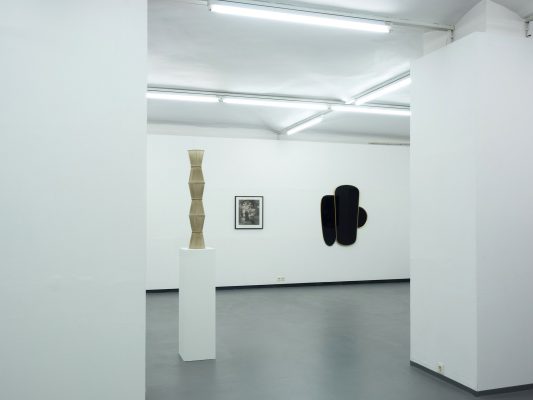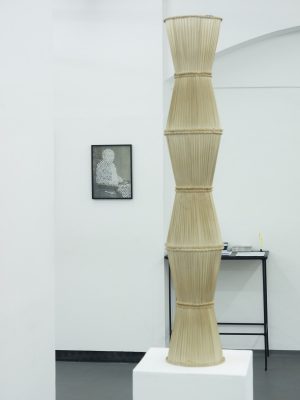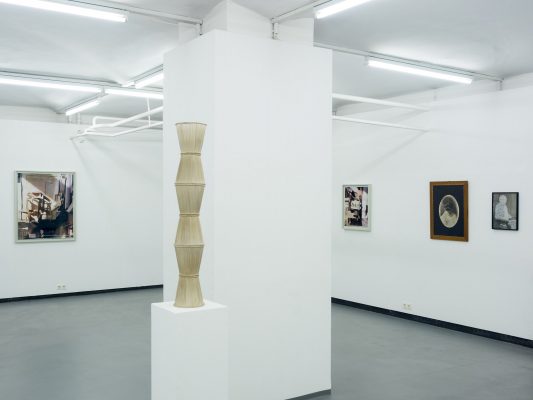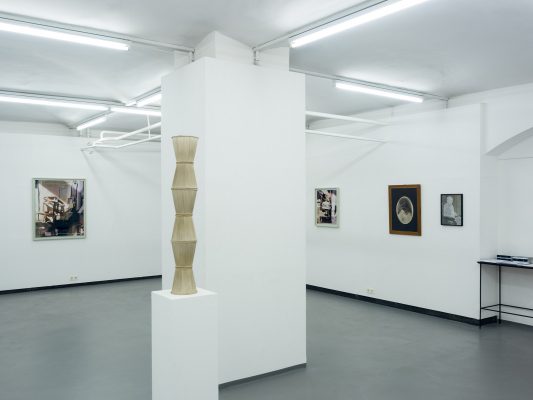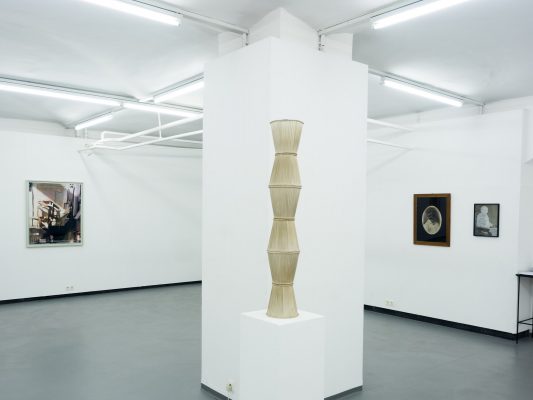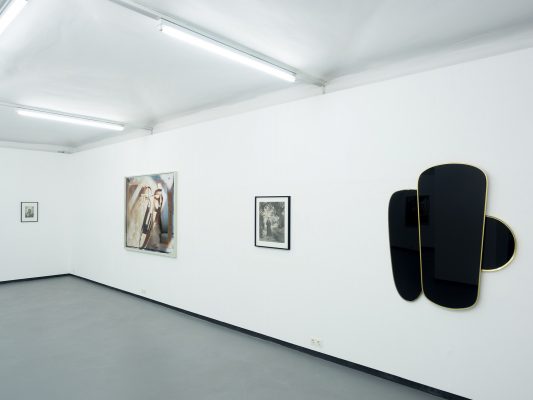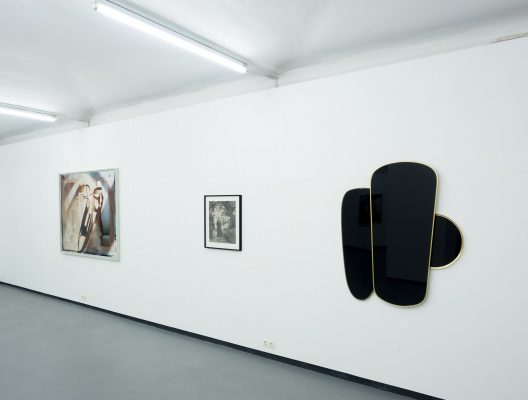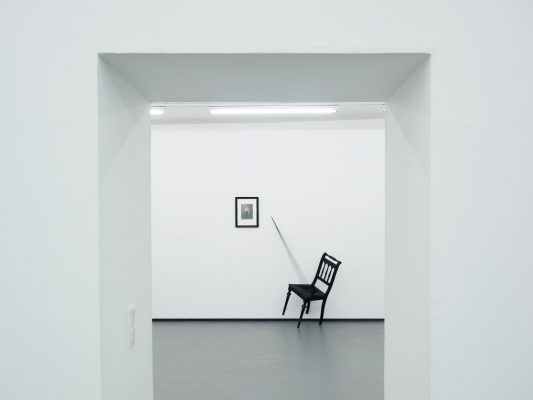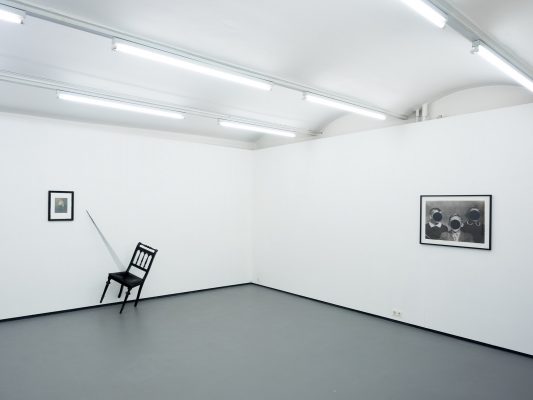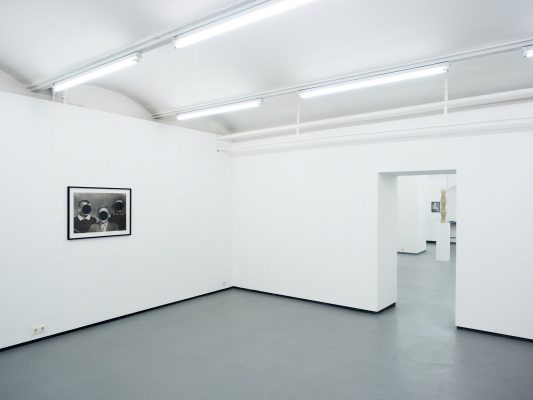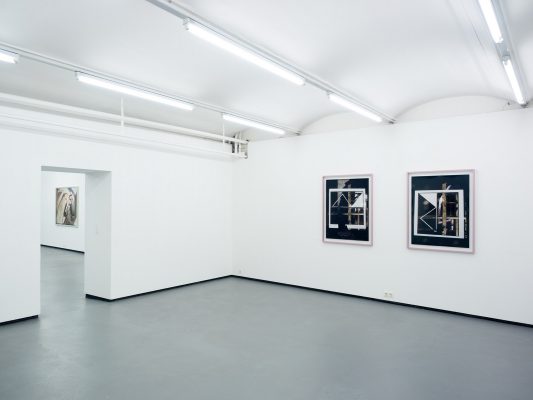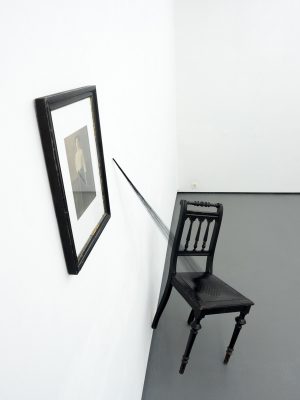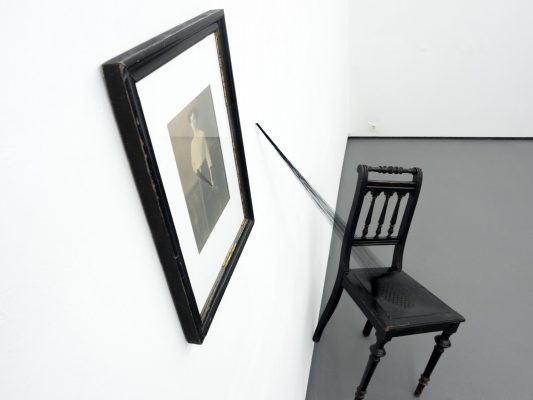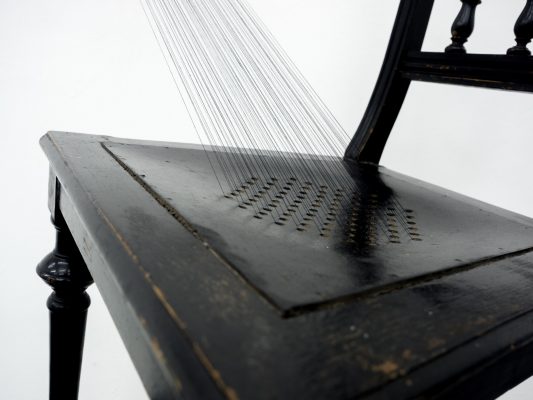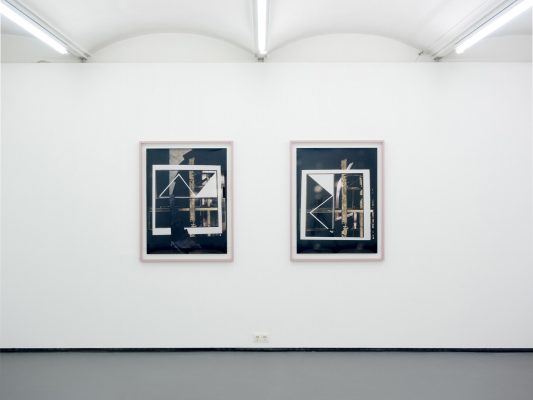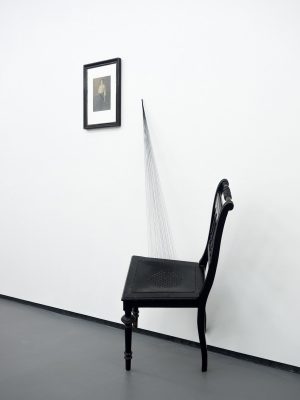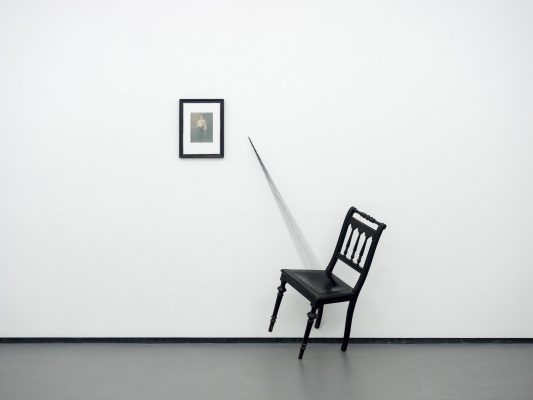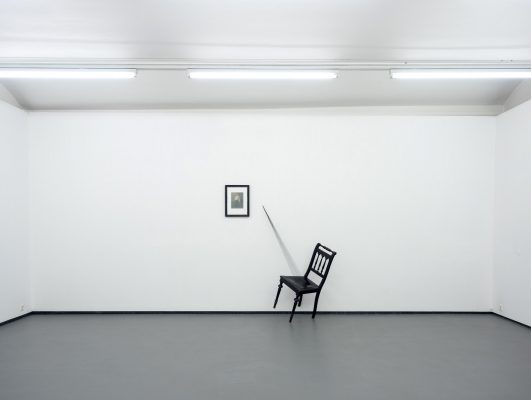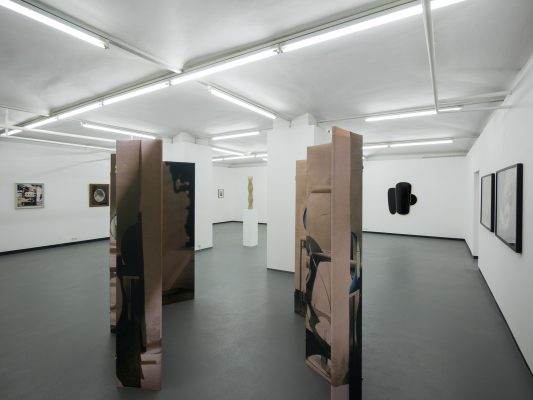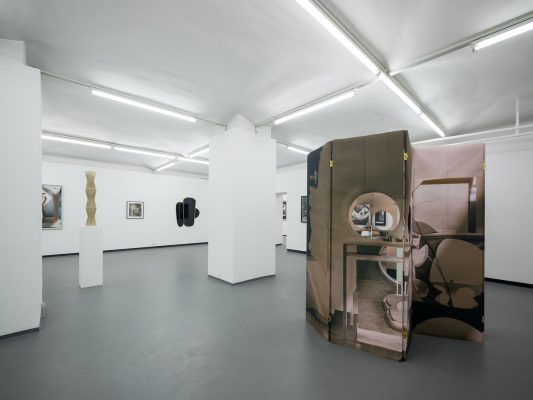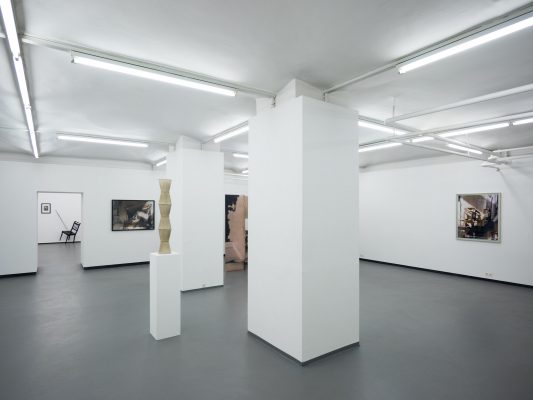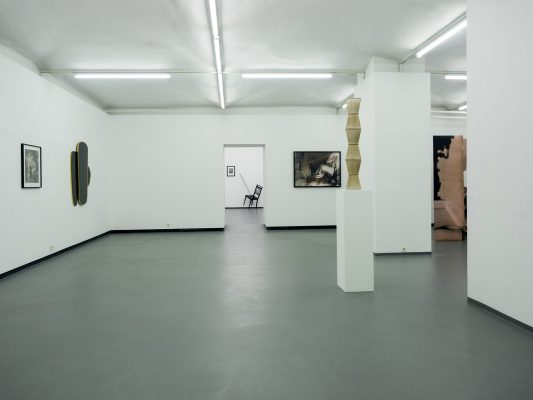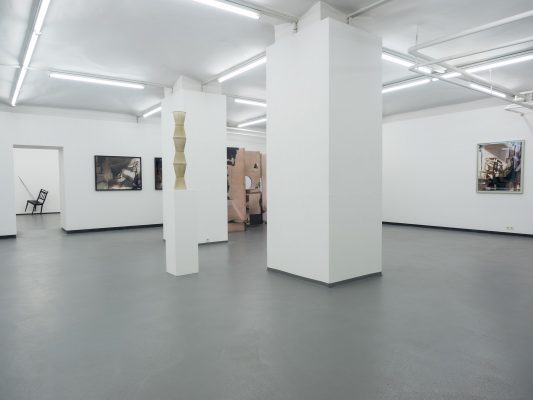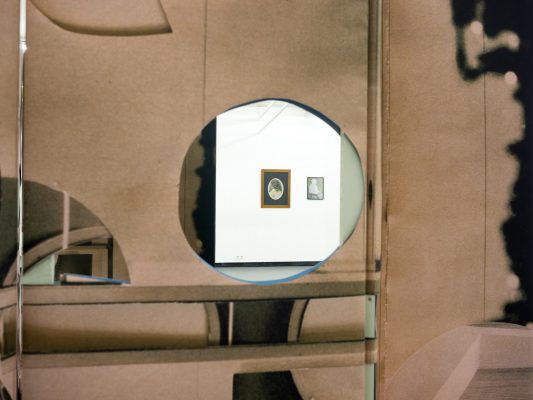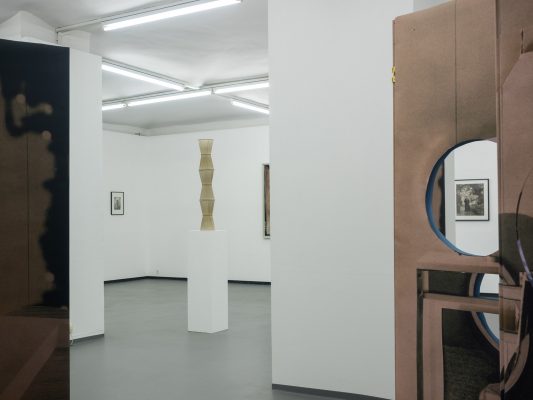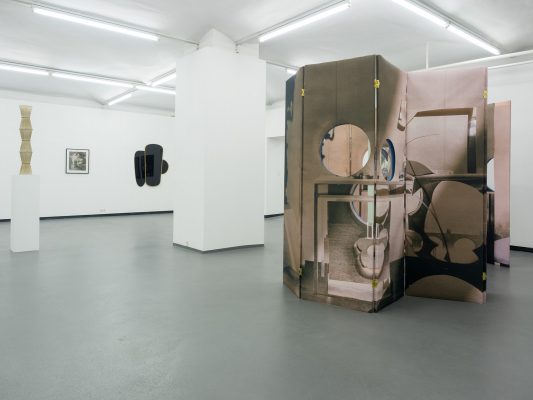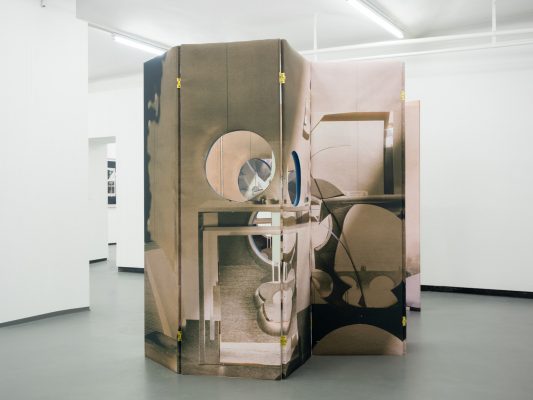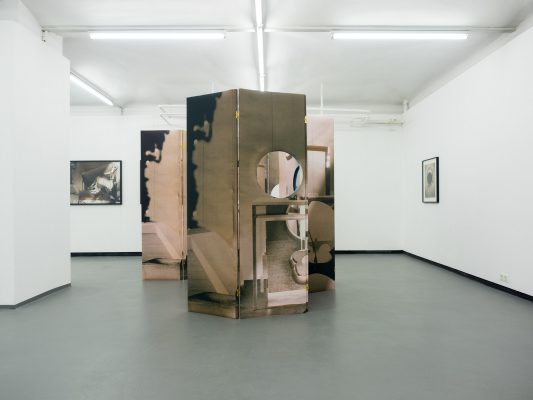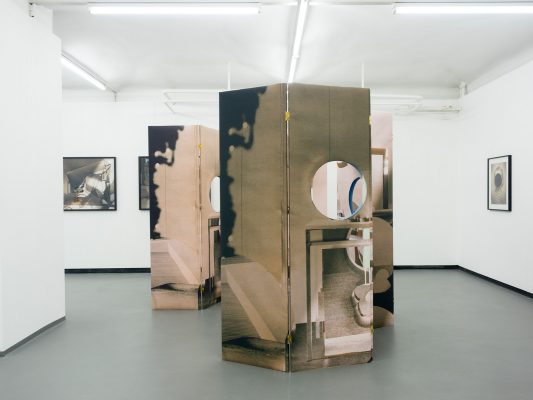Opening: Monday, 4 December, 7 p.m.
Introduction: Katharina Manojlović
sponsored by: BKA Kunst; MA7-Kultur; Cyberlab
Dadaist and poet Tristan Tzara called the invention of the collage the most revolutionary moment in the development of painting and meant by that the fundamental break with established forms of artistic representation that it symbolised. Implicit to the technical processes of what comprises collage — gluing (fr.: coller), scratching, cutting, tearing, folding, mounting, assembling and de-composing etc. is the potential for radicality. While the “Papiers collés” of the Cubists drew their sustenance from used, discarded and apparently banal sources, we are surrounded today with multiply reproduced, re-formatted and re-edited copies of constantly accumulating digital debris.
The current focus of the FOTOGALERIE WIEN will present four exhibitions and includes a wide spectrum of methods and processes used in collage in contemporary photo and video art. This renders the narrative and autopoietic strengths of this art form visible along with its innovatory energy as one of its fundamental and most evident characteristics, especially in relation to new technologies or spatial and sculptural expansions. The drift of the images is also always guided by energies that are anarchistic, driven by chance and play.
The rooms arranged by Alexandra Baumgartner and Anita Witek seem intimate and alien at the same time. They elicit memories but keep no promises. Photographs come together by causing each other to disappear: imaginings achieve presence through absence. Welcome Home, the title of the show, may be read as a challenge to visitors, as an outsized pointer at the entrance to a building whose inner workings appear to be subject of Kafkaesque rules. Where are we here? What are we searching for? One collage by Alexandra Baumgartner, Introspection, consists of the frames of old mirrors that now hold black glass instead. Are they telling the story of the Die Geschichte vom verlornen Spiegelbilde. Or perhaps they conceal another world, as in Alice. In any case there is a loss of transparency which is programmatic for the work of both these artists: they make use of the indexicality and representational character of photography in order to create a reality that lies beyond photographic depiction.
Alexandra Baumgartner’s works draw on found photographs. These are often historical portraits on which she ‘operates’, carrying out autopsies that examine the material by means of cutting and sewing, over-painting and over-pasting, by burning away parts or mounting sections of the image inside each other. Her image constellations not only analyse photography as a medium but, by revoking the original functions of photographs and objects, open up inertial spaces in which things become displaced and uncanny. In some of the pictures holes open up that permit a view of what lies underneath or they obscure from our searching gaze the ones we are looking at.
Blanks of this nature are also to be found in Anita Witek’s work. In her installation the artist has specially created for Welcome Home and which is reminiscent of folding screens, circular cut-outs puncture the material: exhibition space and pictorial level collapse into a singularity. As with Baumgartner, Witek uses found material. Her collages draw on an extensive collection of reproductions from mass media, newspapers and posters – ephemera, if one considers their conventional function – from which the central visual information has been removed. What remains are the cut out backgrounds, pictorial borders and silhouettes that have been separated with a knife: the shapes of our desires. The enchanting beauty of Witek’s collages – what attracts us – originates in the interplay of similarities and differences. Abstract formations that are self-referential and remain paradoxical while appearing familiar, just like what they are made of.
(textual support: Katharina Manojlović)
